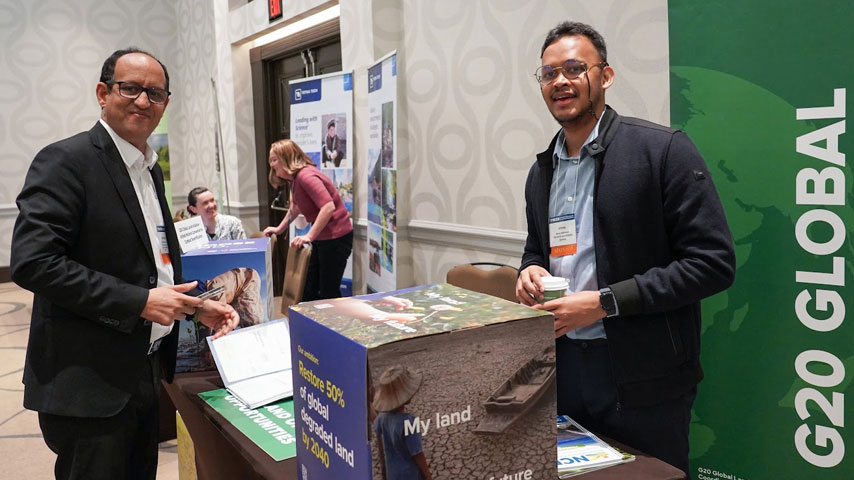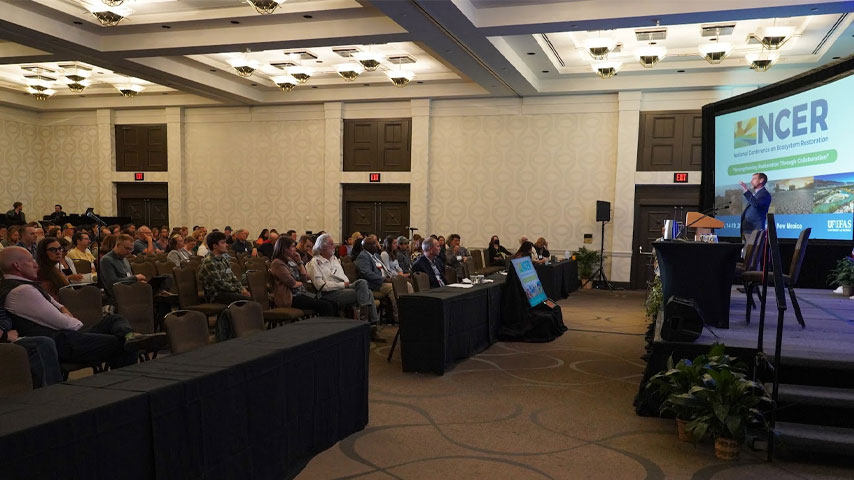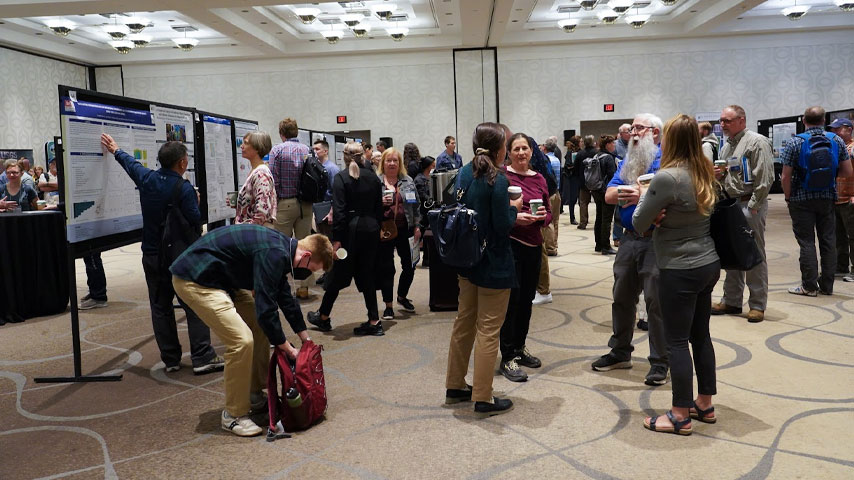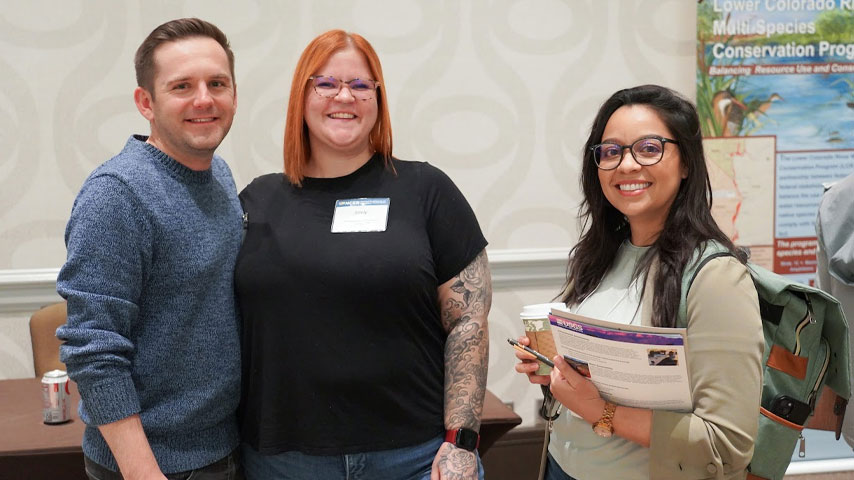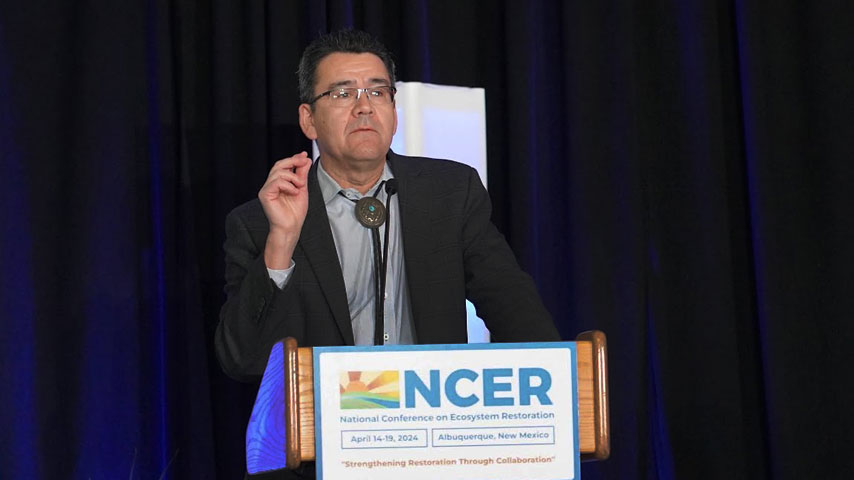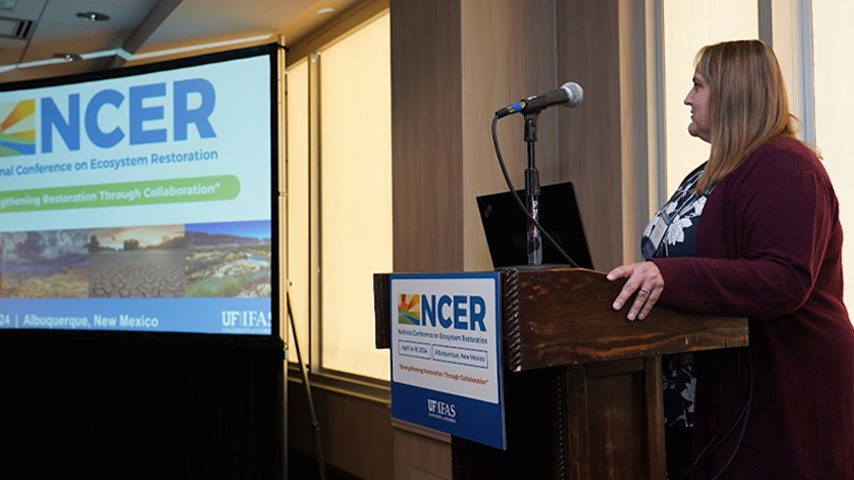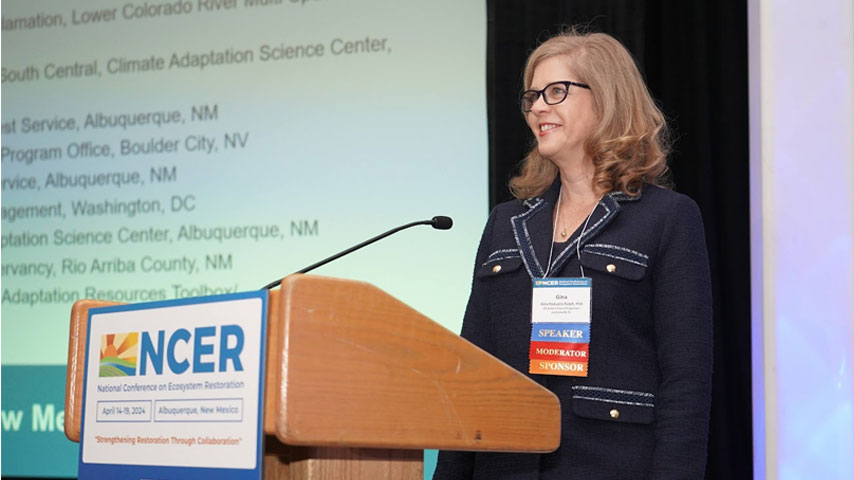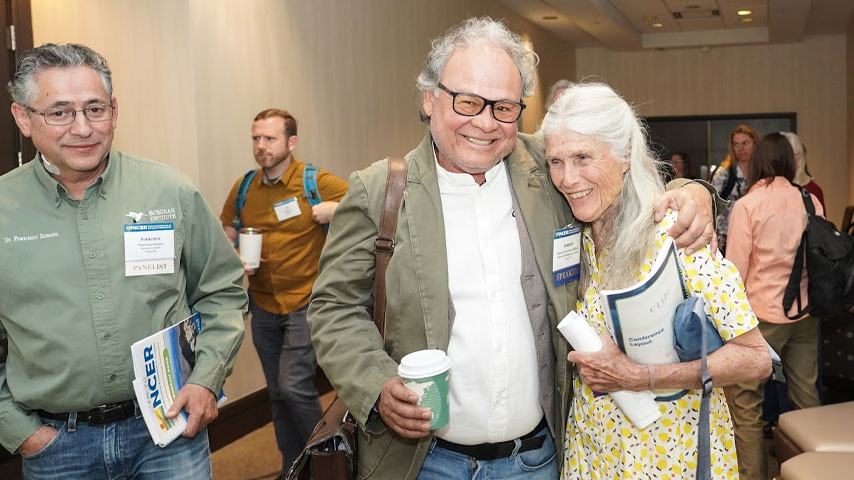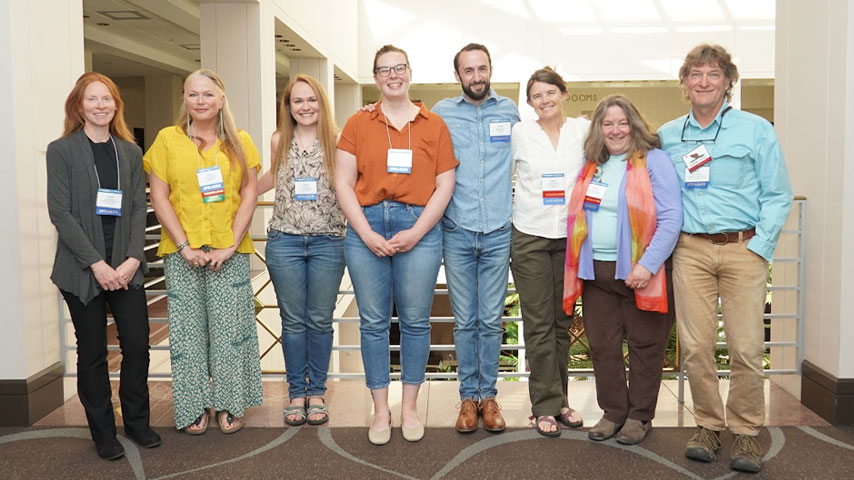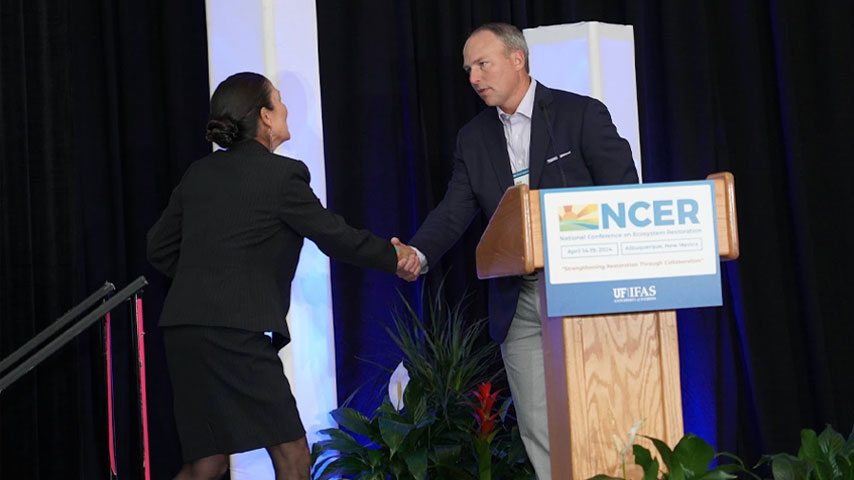Call for Session Proposals
Session Proposal Submission Deadline has Passed
This year’s NCER will feature a more intimate and interactive format, with two concurrent sessions designed to encourage attendee discussion and engagement. Due to this streamlined structure, space for contributed talks will be limited, and presentations will be carefully curated to align with the conference theme: Return on Investment: How Are We Doing and What Is the Future?
Restoration professionals nationwide are encouraged to contribute to shaping the NCER program agenda by proposing and organizing sessions within their areas of expertise. This collaborative approach ensures diverse representation across all scales of restoration, fostering integrative, cross-system discussions and facilitating the sharing of region-specific knowledge with a broad audience.
Potential Topics
We have prepared a broad list of session topics as a guide to help proposal submitters, and eventually, abstract submitters, identify the applicable topic. Please do not feel limited to these topical areas – NCER seeks to capture all emerging topics and new ideas in ecosystem restoration.
Session Format Options
NCER features two types of session formats – standard format and panel session format. All sessions are 90-minutes long. Indicate your preferred format when uploading the proposal (standard or panel). All sessions are live and in-person. There are no remote presentation options.
Standard Format
This format consists of a 5-minute session introduction and overview by the moderator, followed by five consecutive 15-minute talks (12 minutes per talk plus 3 minutes Q&A), with speakers using PowerPoint slides to emphasize key elements and supporting details. The session closes with 10 minutes for final Q&A.
Panel Session Format
Each panel consists of a maximum of four participants, plus a moderator. The session typically starts with a brief introduction to the topic, followed by panelist introductions and short presentations highlighting their expertise on the session theme. It concludes with a moderated discussion involving both panelists and the audience. The panel organizer is responsible for compiling individual panelist slides into a single cohesive presentation, with PowerPoint use limited to a few key slides to enhance audience understanding. Ensuring panelists are DEEP (diverse, experienced, eloquent, and prepared) and allowing ample time for planning and coordination are crucial for a successful session.
Steps to Develop a Session Proposal
NCER is a valuable forum for restoration professionals from across the country to share insights, lessons learned and best practices. To prepare a proposal:
- Define the purpose, focus and overarching message of the proposed session
- Confirm five participants of varied affiliation, perspective, and expertise.
- Outline key takeaways for attendees. Why will they be interested in your session?
- Use this Session Proposal Template (.docx) to create your proposal.
- Submit the proposal via the form linked below by June 6, 2025.
When confirming speakers/panelists, make sure they:
- Plan to attend the conference and are confident in obtaining permission to travel.
- Understand there is a limit of one talk/panel slot per person. If approached by more than one organizer, they can only choose to participate in a single session. (They may also present a poster if they wish.)
- Know that speakers must submit an abstract by September 12, 2025. There is a $35 fee per abstract submitted. (The fee is non-refundable.)
- Panel organizers are also required to submit one abstract on behalf of the entire panel.
- Individual panelists do not need to submit an abstract.
- All program participants – speakers, panelists and session organizers/moderators – are required to register by Friday, December 5, 2025 and pay the fee to confirm participation in the program.
Note: Depending on sponsorships, the early-bird registration fee will be approximately $695 for government and non-profit attendees, $750 for industry representatives and $495 for students and retirees.) There are NO ONE-DAY FEES.
Proposal Evaluation Criteria
- Proposals will be evaluated for content and relevance, and the expected level of interest.
- A prime criterion are sessions that are integrative, cross-system, and/or promote the transfer of regional-based knowledge to a broad audience.
- Preference will be given to sessions in keeping with the NCER theme — Return On Investment: How Are We Doing and What Is the Future?
- We will also examine the session’s broader potential to consider both aquatic and terrestrial ecosystems while endeavoring to achieve targeted levels of restoration.
Proposal submitters will be notified on June 17, 2025 if their proposal was approved.
Session Organizer Requirements
Session organizers are expected to:
- Serve as the primary contact for the session. We communicate with one official representative.
- Adhere to all published deadlines and proactively remind speakers/panelists of key dates.
- Communicate important details to their speakers/panelists well in advance of the abstract due date:
- Ensure their session speakers submit abstracts by the deadline.
- Moderate the session. NOTE: The introduction period is not a talk. Do not submit an abstract for it.
- Attend a one-hour Moderator Briefing with the conference organizers conducted via Zoom.
- Create an agenda grid for the session using the template provided by the organizers. This grid is due by Friday, September, 19 (One week after abstract submission closes. This is a hard deadline to have the session scheduled on the agenda. No exceptions.)
- Confirm your speakers register by Friday, December 5, 2025 or find a replacement as needed.
NCER reserves the right to cancel a session if an organizer does not adhere to prescribed deadlines. Should Acts of God or natural or public health emergencies prevent this event from being held in-person, conference sessions will be held virtually via Zoom.
Questions?
Contact Beth Miller-Tipton by email at bmt@.uflufl.edu
